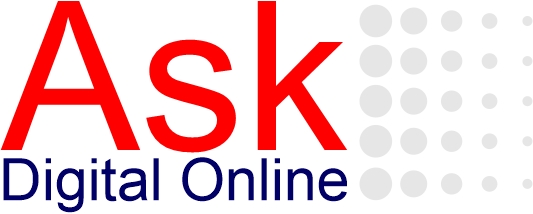Education
Education is the structured process of facilitating the acquisition of knowledge, skills, values, beliefs, and habits through teaching, learning, training, or research, aimed at personal development and the betterment of society.
Education is more than just a process of acquiring knowledge, it is a foundational pillar of personal growth, social development, and economic progress. Across cultures and continents, education serves as a key that unlocks opportunities and empowers individuals to shape their futures.
Importance of Education
Technological Adaptation – Prepares individuals for AI, automation, and digital innovation.
Global Competitiveness – Enhances skills needed in a fast-changing global economy.
Critical Thinking – Encourages informed decision-making and problem-solving.
Economic Growth – Drives innovation, entrepreneurship, and job creation.
Social Equality – Reduces poverty by providing equal opportunities.
Sustainability Awareness – Promotes climate education and responsible living.
Civic Engagement – Fosters informed and active participation in democracy.
Lifelong Learning – Equips people to continuously grow in a knowledge-driven world.
Health Awareness – Educates about well-being and public health.
Cultural Understanding – Encourages respect for diversity.
Current Challenges in Education
Despite its importance, education systems worldwide face significant challenges:
Inequality- Access to quality education is still uneven, particularly in low-income countries, rural areas, and among marginalized groups.
Outdated Curricula- Many schools struggle to keep pace with the rapid changes in technology and the skills needed for modern jobs.
Mental Health and Pressure- Rising academic expectations and competitive environments have led to increasing mental health concerns among students.
The Future of Education
The future of education is likely to be more flexible, inclusive, and technology-driven. Some key trends include
Lifelong Learning– As the job market evolves, continuous learning will become essential for people at all stages of life.
Project-Based Learning-Emphasizing real-world problem solving will help students apply their knowledge in practical ways.
Social-Emotional Learning-More focus will be placed on developing empathy, communication, and resilience alongside academic skills.
Global Citizenship– Schools will increasingly prepare students to think critically about global challenges like climate change, inequality, and human rights.
